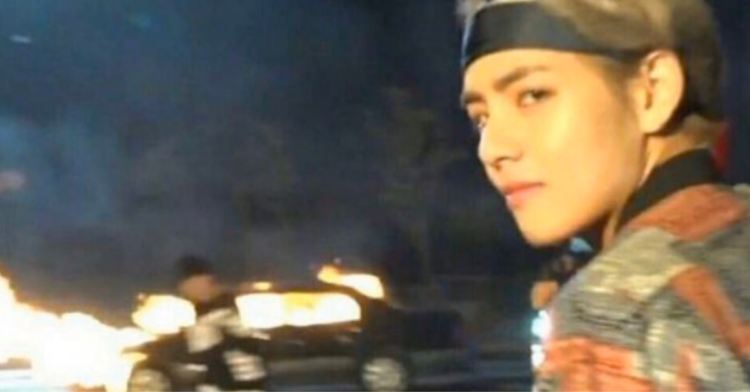In all likelihood, you’ve noticed the massive and enduring presence of K-Pop fans on social media that’s only seemed to become more intense as the years go on.
You also may have noticed fewer followers of the conspiracy theory group QAnon across various social media platforms due to crackdowns by the companies behind Facebook and Twitter. Well, it turns out that the K-Pop fans were doing a great deal to complicate the spread of that group’s messages before either platform put their feet down.
As is the case with many fandoms nowadays, people who are deep into this subculture often refer to themselves as “stans,” a reference to the Eminem song of the same name that paints a picture of obsessive fandom.
And while their social media campaigns to promote their favorite Korean pop artists have likely had a significant effect on the genre’s international success, they’ve also shown some fascinating and surprisingly effective results when they apply their tactics to the political arena.
As with many of the newfound supporters the Black Lives Matter movement has seen this year, much of the K-Pop fandom’s entry into the fray of American politics was inspired by the death of 46-year-old George Floyd on May 25.
As The New York Times reported , the world’s most popular K-Pop group BTS and their label donated $1 million to the Black Lives Matter organization on June 6.
And with that donation came the birth of the Twitter hashtag #MatchAMillion that encouraged fans the world over to follow their example. Twenty-four hours later, the fans came through with $1 million of their own and that number rose to $1.3 million by the morning of June 8.
But as impressively quick as this fundraising campaign was, it was only the beginning of the fandom’s political ventures.
As a reaction to worldwide protests against systemic racism and police brutality, opponents of the Black Lives Matter movement attempted to start a hashtag of their own.
In fact, as the BBC reported , three such hashtags emerged as Twitter users tried to get #WhiteLivesMatter, #AllLivesMatter, and #BlueLivesMatter trending.
However, if you were to search any of these hashtags at the time — or even now, for that matter — you’d be far more likely to see clips of K-Pop artists dancing and messages in support of Black Lives Matter than any attacks on it.
This is because K-Pop stans used their sheer numbers and persistence to drown out any other uses of these hashtags using a technique called “keyword squatting.”
It’s a technique that QAnon followers have also used as they have shown a history of hijacking hashtags meant to protect children from exploitation.
As Bloomberg reported , this is because they push the unfounded claim that Donald Trump is waging a secret war against a shadowy cabal of child traffickers.
But as you can see here, the hashtags specific to their group including its name and the abbreviation of their “where we go one, we go all” slogan are just as vulnerable to a sudden influx of irrelevant K-Pop clips as other hashtags are to their brigades.
As conspiracy theory researcher Mike Rothschild said, “They got beaten at their own game by Korean pop fans. I’d never seen anything like it before.”
While these fans have also led similar social media campaigns encouraging users to vote against President Trump, their most visible move in this respect came in late June.

As Bloomberg reported , K-Pop stans numbered among those who undermined a Trump rally in Tulsa, Oklahoma by requesting tickets that they had no intention of using.
While Trump reportedly expected 1 million people to attend this rally, he was visibly upset to discover that about 6,000 showed up. All told, about 13,000 seats were left unfilled thanks to bogus ticket requests, though it’s unclear how many of these came from K-Pop fans.
But while legions of K-Pop fans remain on-hand if a suspected QAnon or white supremacist hashtag hits Twitter, their political drive seems to be at a crossroads in recent months.
As Bloomberg reported , part of this has to do with the apparent fact that their stance against Trump doesn’t necessarily translate to support of former Vice President Joe Biden.
Furthermore, there seems to be division among K-Pop fans as to whether they should continue their political engagements. In the case of fans of BTS — who often refer to themselves as ARMY — debate seems to center on weighing the risk of their actions reflecting badly on BTS with the idea that further coordinated campaigns constitute ARMY’s civic duty.
Despite this apparent stalling, it nonetheless remains clear how much K-Pop fans can affect social media landscapes when they’re motivated. And it’s also likely that any further public stunts by QAnon will be met with a swift and intense response by ARMY and other fan groups.
h/t: Bloomberg
















































